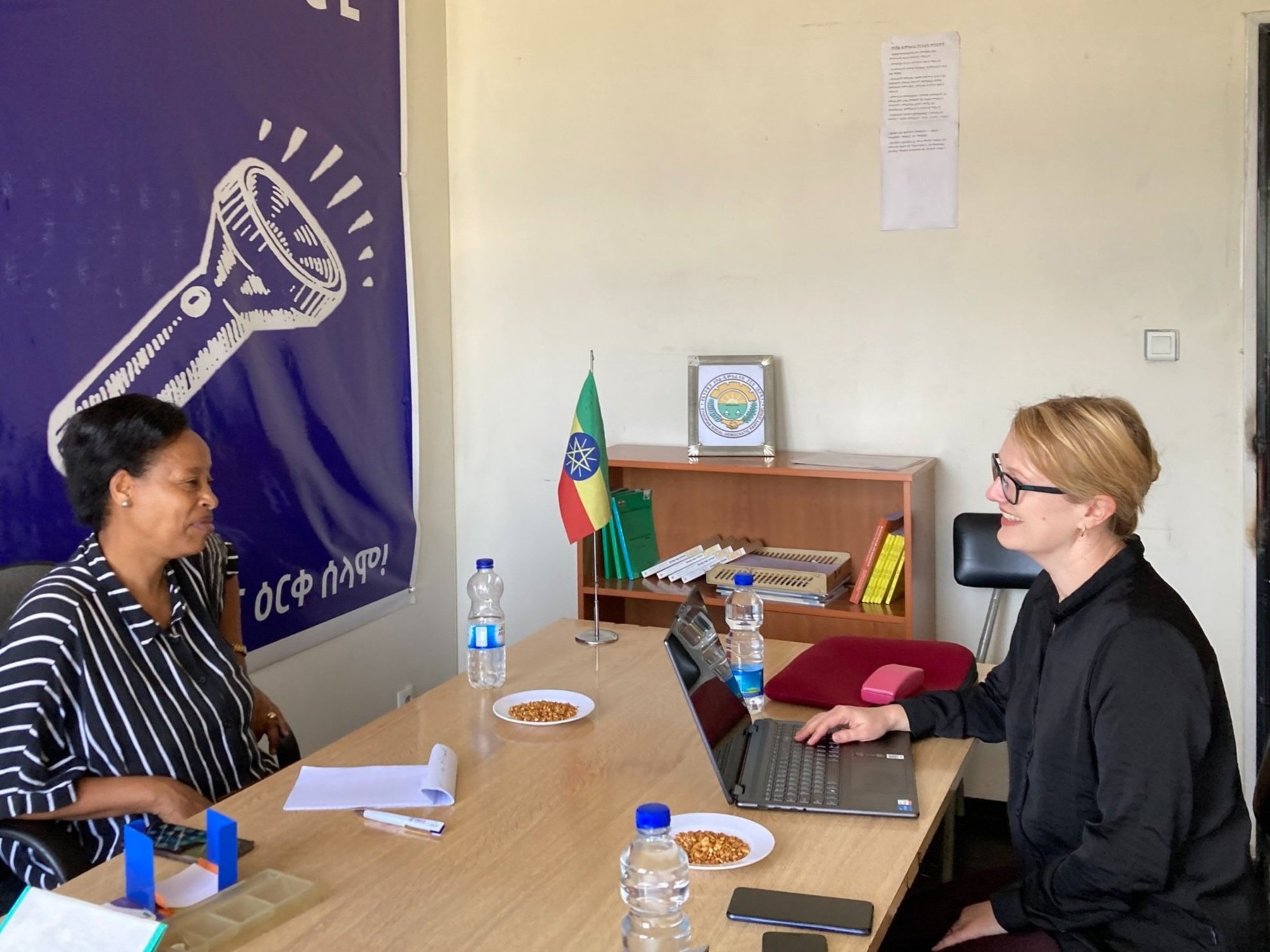Our services & Expertise
-

Monitoring Evaluation & Learning (MEL)
-

Strategic Planning
-

Grant Writing & Development
-

Applied Research
Monitoring Evaluation & learning
At Aurora, we specialize in Monitoring, Evaluation, and Learning (MEL) rooted in rigorous social science. Our team blends advanced data methods with actionable, context-specific policy insights. We’ve supported MEL initiatives for the EU, UN agencies, U.S. government, NGOs, and global nonprofits.
Our MEL Services include:
Evaluation design & methodology
Inception reporting (evaluation matrix, data sources, sampling)
Research tool development (interviews, focus groups, surveys)
Primary data collection (in-country & remote)
Data analysis (primary & secondary)
Stakeholder briefings & workshops
Final reporting with partner & beneficiary feedback
RECENT PROJECTS
-
Led a multi-country evaluation of a rapid response grant model supporting gender-based violence prevention and women’s leadership. Delivered insights on program effectiveness, challenges, and opportunities for learning across diverse African contexts.
-
Conducted a final evaluation of a five-year initiative focused on empowering women and youth in peace and security efforts. Assessed the impact of local action plans, community engagement, and capacity-building for inclusive governance.
-
Evaluated programs aimed at increasing political participation among youth, women, and marginalized groups. Fieldwork included assessing electoral body performance, civil society engagement, and protections for women in political processes. Outcomes included improved representation, voter access, and institutional accountability.
Strategic Planning
Aurora helps organizations with strategic planning to define organizational goals, identify opportunities, and align programs with measurable outcomes. We use data-driven methods to guide planning, funding strategies, assess the donor landscape and make recommendations for external and internal operational improvements.
Aurora supports strategic planning by helping organizations with:
Needs assessments & stakeholder analysis
Strategic goal setting (internal & external)
Metrics & frameworks for tracking progress
Coordination planning for global operations
Align programs with measurable outcomes
Develop funding strategies and assess changes in the donor landscape
Recommendations for strategy implementation
RECENT PROJECTS
-
Advised government agencies and NGOs on strategic planning grounded in data and organizational learning. Supported clients in aligning program goals with measurable outcomes and long-term impact.
-
Assessed a global strategic plan for a democracy and governance organization, funded by an international development agency. Designed and led a comprehensive data collection and analysis process, including stakeholder interviews and sectoral trend analysis. Delivered an analytical report and presented actionable recommendations to improve future strategic planning and implementation.
-
Provided end-to-end support across the program cycle—from early needs assessments to strategic framework design and evaluation. Helped clients strengthen internal alignment and improve implementation of mission-driven strategies.
Grant Writing & Development
Aurora helps organizations with grant writing and development by turning data into fundable, evidence-based programs. We specialize in crafting compelling proposals that align with strategic goals in governance, human rights, and justice.
We specialize in crafting compelling proposals that align with organizations’ strategic priorities across a range of public and private sectors.
Our grant writing and development Services include:
Data-driven program design
Grant writing & compliance strategy
Toolkits for grant management & reporting
Coalition-building for multi-partner applications
RECENT PROJECTS
-
Developed a comprehensive toolkit to streamline grant writing and compliance for U.S. government funding. Improved internal processes and reporting capacity for an international nonprofit.
-
Collaborated with a statewide coalition to design a unified funding strategy. Aligned diverse partner priorities into a successful federal grant proposal focused on community development and justice reform.
Applied Research
Aurora conducts applied research to advance knowledge and inform practice in international relations, gender and human rights, and global security. Our work bridges academic scholarship with real-world policy impact. Our published work provides evidence-based analysis that informs decision-making for governments, NGOs, and multilateral institutions
Our applied research Services include:
Designing and conducting qualitative and quantitative research
Policy analysis and development of evidence-based recommendations
Stakeholder interviews and participatory research methods
Desk reviews and landscape analyses
Strategic assessments of democracy, governance, and human rights programs
Bridging academic research with policy and practice
Publishing findings in professional reports, journals, and media outlets
Recent applied research projectS
-
Produced a global policy guide on LGBTI inclusion in development and diplomacy, commissioned by an international nonprofit and funded by a European government. Research included stakeholder interviews, desk review, and primary data collection. The final report is now used by diplomats and aid workers worldwide to support LGBTI civil society organizations.
-
Aurora’s applied research spans global democracy, gender, and human rights, producing work that informs both foreign policy and diplomatic practice. Highlights include a widely used international policy guide on LGBTI inclusion, strategic assessments for democracy and electoral programming, and contributions to academic and professional publications. Dr. Rainer’s book, From Pariah To Priority: How LGBTI Rights Became A Pillar Of American And Swedish Foreign Policy (2021) further underscores Aurora’s expertise in translating complex social issues into actionable foreign policy insights.




